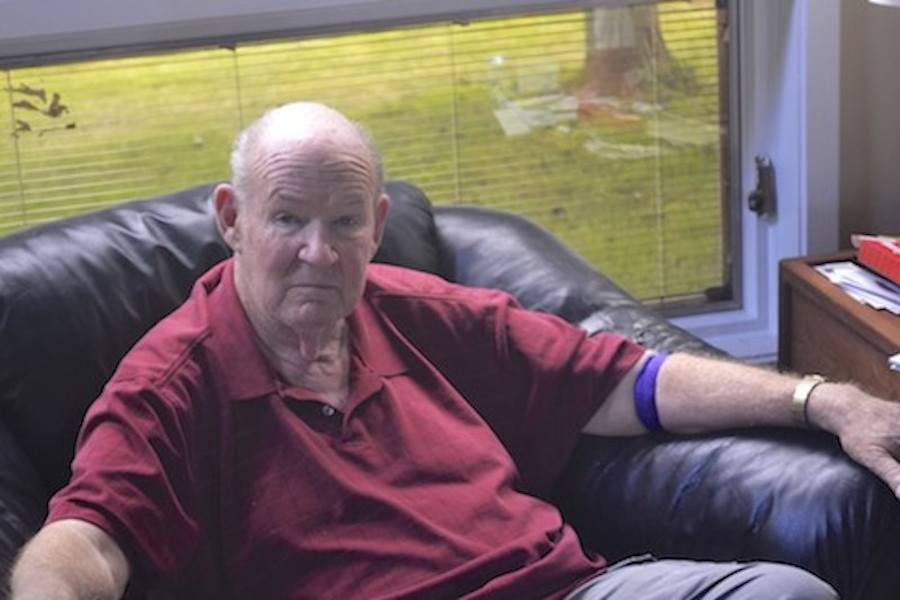Bruce Frier Programs through the Evolution of Computers
Computers have changed a lot since they were first built. The same has been true with programming. Bruce Frier, a former computer programmer, experienced these changes first hand: “You had to run fast to keep in place. Things were changing so fast,” Frier said about the evolution of computers and programming.
Frier used to work at Honeywell, an engineering and programming company. One of his first jobs involved transferring data from an old system that used vacuum tubes to a more modern system that used disks. “Basically, we had to convert data and from the old machine to the new machine,” Frier said.
Once he was done working at Honeywell, Frier began working at American Motors, and then Ford. His first job at Ford was working on automotive warranty claims. “The main thing was paying the dealers, they’d submit claims, and you’d pay them.” Frier said, “The secondary effect was from those claims, you’d extract what’s going on with the cars, and produce what they called quality reports.” Frier was able to make a program to keep track of any faults that were in vehicle designs.
After working on automotive warranty, Frier moved to work on fixed assets at Ford. Each Ford car plant kept track of its assets in the plant. Frier worked to build a centralized system, where the assets of all plants would be stored. “What we did was centralize that, so we had 125 plants.” Frier said,” We had to convert each plant one at time over to a central system.”
When the centralized system of tracking Ford’s assets was completed, Frier and his team had to switch it to an online system.
After retiring from Ford in 1996, Frier joined a computer club. The main goal of this club was to teach seniors, that would otherwise not know how to use technology, how to use computers.
The skill levels of members of this club varied greatly. Some were as knowledgeable as a modern-day computer programmer, and there were “other people who didn’t even know how you turned the PC on,” Frier said.
Frier later became president of the computer club. “You don’t have to be the smartest one around to do that.” he said, “You just gotta wanna stick with it and do a lot of the administrative work.”




